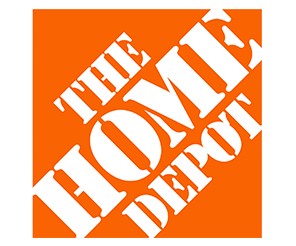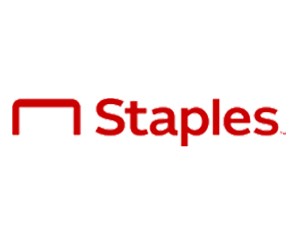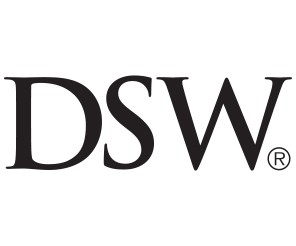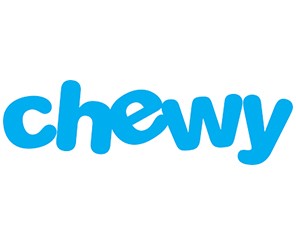US Markets Loading...
h
m
s
Taylor Swift's new album is the messiest one she's ever made
Taylor Swift released her new album on Friday. "The Tortured Poets Department" is full of confessions, heartbreaks, and Swift's wildest whims.
Billionaire Ken Griffin's firm calls Trump Media's CEO a 'loser' after criticism of short-selling
Trump Media's CEO is a "proverbial loser" for blaming DJT's stock crash on short-sellers, Citadel Securities said.
A top House Democrat wants to remove Trump's Secret Service protection if he's sent to prison
As a former president, Trump is currently entitled to Secret Service protection for life.
Here's what Apple will say if a US TikTok ban becomes law
Sometimes Apple (and other Big Tech companies) have to compromise to stay in business in other countries. It could happen in the US, too.
Video
New Episodes This Week
Taylor Swift fans think new album tracks 'ThanK you aIMee' and 'Cassandra' are thinly veiled Kim Kardashian diss tracks
Taylor Swift appears to reference her feud with Kim Kardashian and her ex-husband Ye on "The Tortured Poets Department" tracks "thanK you aIMee" and "Cassandra" on "The Tortured Poets Department."
A woman lost 140 pounds by eating more protein — breaking a years-long diet cycle
A 38-year-old mom of two said she surpassed her weight loss goal after eating more high-protein foods like Greek yogurt to help her feel full.
UConn's Paige Bueckers is an early favorite for the No. 1 pick in the 2025 WNBA draft. Here's why the internet is loving her right now.
Paige Bueckers, 22, is a star guard on UConn's women's basketball team — and the internet's newest crush.
An agent explains the new fees homebuyers would pay after the real estate settlement
This New York real-estate agent isn't worried about sellers not paying commission. He's already implemented two new policies to replace those funds.





